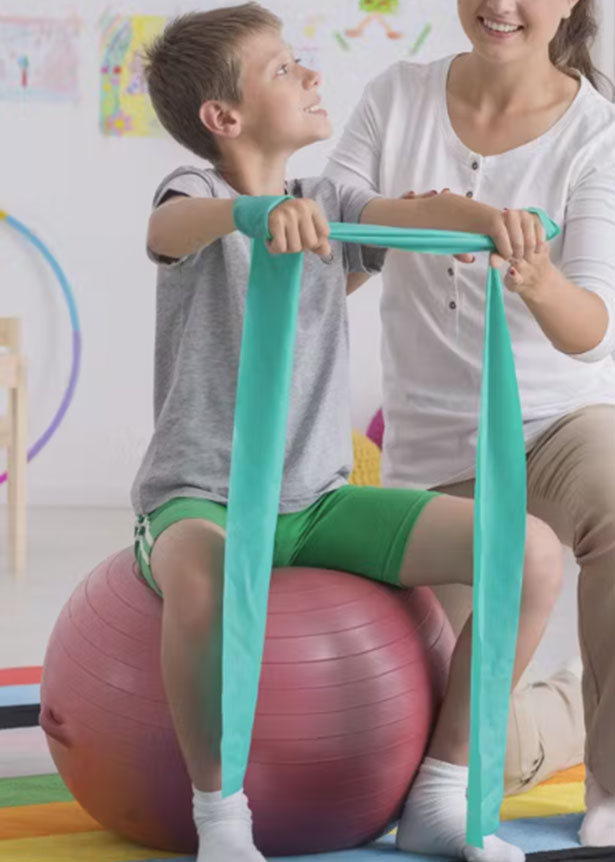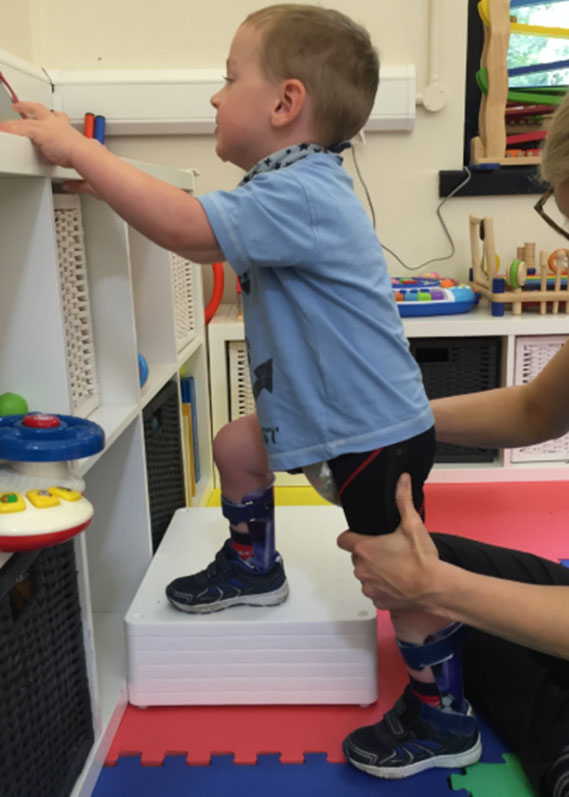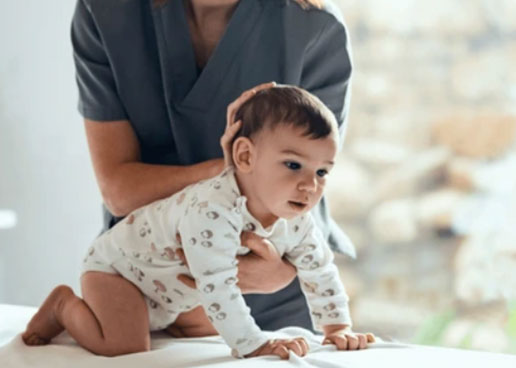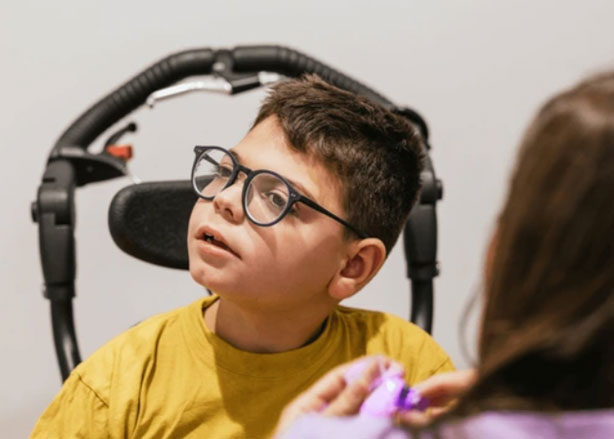From the day that they are born, babies and children are constantly growing, developing and learning new skills. However, there are a multitude of reasons that lead to physical challenges which can limit their ability to move. This directly impacts their development, mobility and overall well-being. Having specialist knowledge of child growth and development is essential to be able to successfully treat and positively influence children’s development and their enjoyment of movement.
This is where seeking the advice of a specialist paediatric physiotherapist is essential. Children are not just “little adults” and therefore need to be treated by a therapist with the appropriate skills and knowledge. Early intervention is particularly crucial. If treatment is started promptly, children are given the best chance to develop and participate in activities alongside their peers positively impacting their enjoyment and quality of life. Unfortunately, due to the current climate in the NHS with long waiting lists and referral delays this is not always possible. You may also feel your child is not seen as often as they require. At Heritage Physiotherapy we can offer you timely appointments, either in our clinic or your own home to ensure early assessment and treatment by a specialist paediatric physiotherapist with over 12 years in the field of paediatrics.


Below is a list of potential conditions from birth to 18 years old that we treat. However, this list is not exhaustive, so please contact us if you have any questions about your child.
Developmental concerns:
– Babies and young children with delayed milestones (sitting, rolling, crawling, walking).
– Concerns about how your child walks e.g. in-toeing, out-toeing, tip toe walking
– Head turning preference and flattening of the head (also known as torticollis and plagiocephaly)
– Foot abnormalities e.g. positional talipes
– Developmental co-ordination disorder (DCD)
– Poor balance, co-ordination and difficulty with skills like running, jumping, riding a bike and frequent falls

Orthopaedic/Musculoskeletal
– Altered walking patterns
– Hypermobility syndrome
– Rehabilitation/preparation for planned orthopaedic surgery
– General aches and pains
– Poor posture
– Erbs Palsy/Obstetric Brachial Plexus Syndrome

Neurological and genetic conditions
– Cerebral Palsy
– Spina Bifida
– Downs’s syndrome
– Muscular dystrophy

What to expect?
The first step would be to attend for an initial assessment appointment so that we can find out more information about your child and understand their specific needs. This is achieved through taking a detailed history, a physical examination and discussion about their goals. We will then develop a treatment plan so that together we can work towards to achieve them.
Treatment may include exercise therapy, often through play, modified constraint induced movement therapy and advice and support to encourage parents and caregivers to be actively involved so that they can continue to support their child outside their appointment.
Register your interest
More specialist paediatric appointments available from September, please register your interest below.








